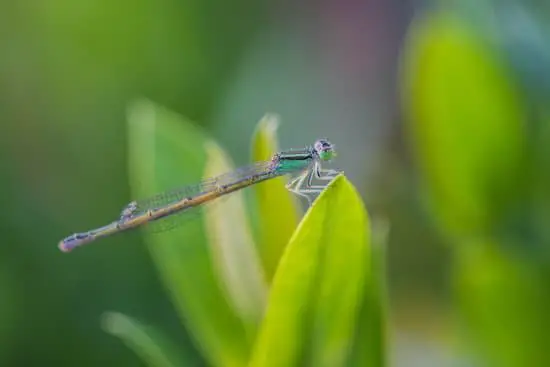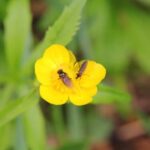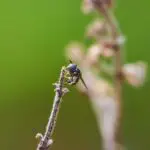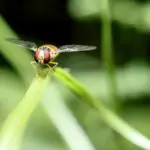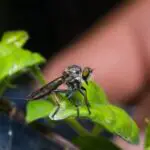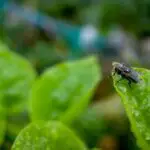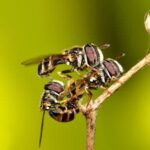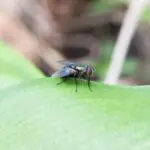How Do Flies Help Plants Grow?
Flies are a key part of the ecosystem. They play many important roles in the health of plants, including preventing pests. They also help break down organic matter, making soil more fertile and beneficial for plants. Some species of flies feed on plants, while others feed on fungi. Flies can even pollinate plants and fertilize soil when they hatch from larvae.
Most flies feed on plants. They eat roots, leaves, flowers, and stems. While most types of flies are harmless, some species can be harmful. Plants may be damaged by leaf miners or fungus gnats, which feed on roots. These pests can harm the growth of a plant, so it’s important to know how to control these critters.
Although flies can be a nuisance, they also play an important role in pollination. In fact, flies are important pollinators in a variety of natural systems, from the rainforests to the fields and orchards. Currently, people have begun to harness the beneficial effects of flies by attracting them to fields and orchards, and putting them to work in greenhouses and growing tunnels. The future of food security depends on the successful management of flies and other pollinators.
Several types of garden maggots feed on plants, such as cabbage and onion. They spend their winters as pupae. To prevent them from laying eggs near your plants, clean up the garden and remove any debris. Using a rototiller is another effective way to prevent these pests from attacking your plants.
